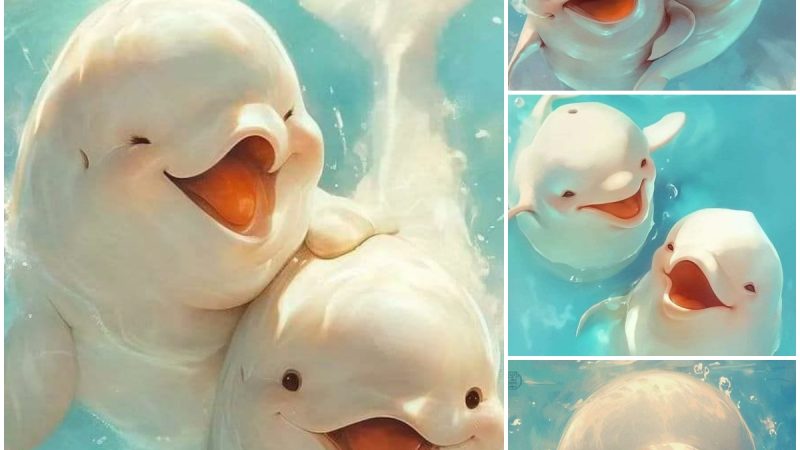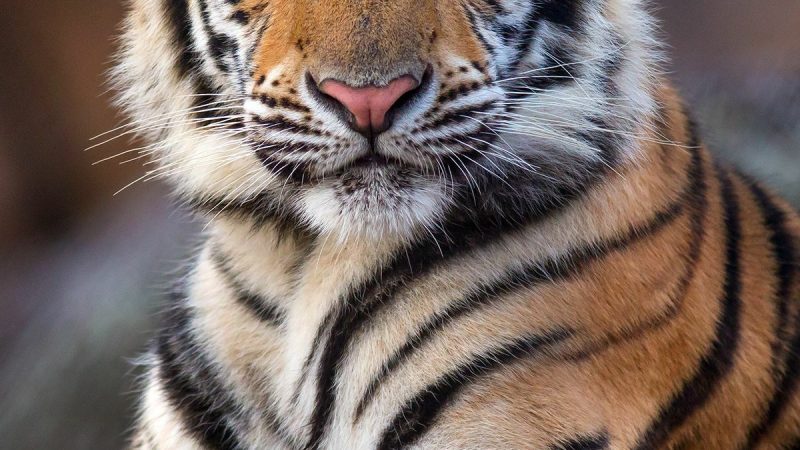Spinner Dolphin Intelligence: Deciphering Their Cognitive Abilities

Spinner dolphins, known for their acrobatic displays and playful demeanor, have long fascinated marine biologists and enthusiasts alike. Beyond their captivating physical prowess, scientists are increasingly intrigued by the cognitive abilities of these intelligent marine mammals. Understanding the intricacies of spinner dolphin intelligence provides valuable insights into the evolution of cognition in marine species and informs conservation efforts aimed at protecting these remarkable creatures.

Complex Social Structures
One of the most striking aspects of spinner dolphin behavior is their complex social structures. These dolphins form cohesive groups, or pods, that can consist of hundreds or even thousands of individuals. Within these pods, they exhibit intricate social behaviors, including cooperative hunting, communication through vocalizations, and coordinated movements during their signature spinning leaps.

Communication and Vocalization
Communication plays a vital role in the social dynamics of spinner dolphins. They are known for their extensive repertoire of vocalizations, which range from clicks and whistles to complex patterns of echolocation. These vocalizations serve various functions, including maintaining group cohesion, coordinating activities such as hunting, and possibly conveying individual identity or emotional states.

Problem-Solving Skills
Spinner dolphins have demonstrated impressive problem-solving skills in captivity and in the wild. Studies have shown their ability to navigate complex environments, manipulate objects, and exhibit innovative feeding behaviors. These findings suggest a high level of cognitive flexibility and adaptability, essential traits for survival in dynamic marine ecosystems.

Cognitive Challenges
Researchers face numerous challenges in deciphering spinner dolphin intelligence. Unlike some other highly social marine mammals, such as bottlenose dolphins, spinner dolphins are less frequently studied in controlled settings. Their pelagic lifestyle and wide-ranging habitat present logistical hurdles for researchers seeking to observe and document their behavior.

Conservation Implications
Understanding the cognitive abilities of spinner dolphins is not only scientifically intriguing but also essential for their conservation. As human activities increasingly impact marine environments through pollution, habitat destruction, and climate change, it is crucial to comprehend how these disturbances affect the behavior and cognitive functioning of marine mammals. By identifying and mitigating potential threats to spinner dolphin populations, we can work towards ensuring their long-term survival.

Conclusion
Spinner dolphins continue to captivate researchers and enthusiasts with their intelligence and social complexity. By delving deeper into their cognitive abilities, scientists can unravel the mysteries of marine mammal cognition while also advocating for the conservation of these charismatic creatures. Through interdisciplinary research and concerted conservation efforts, we can strive to protect spinner dolphins and their marine habitats for generations to come.



